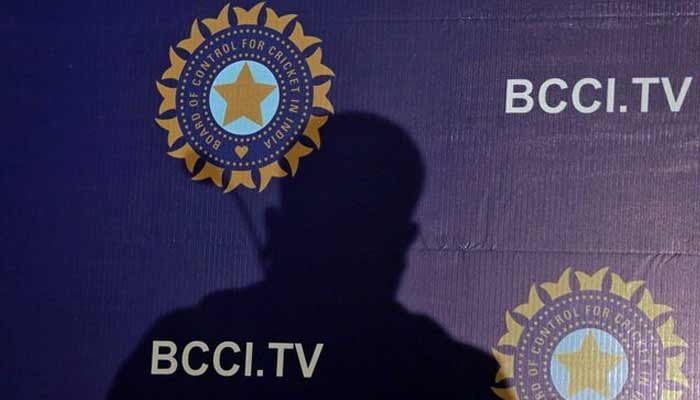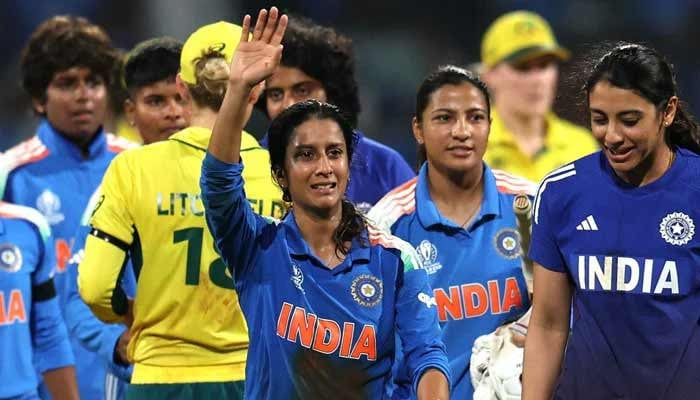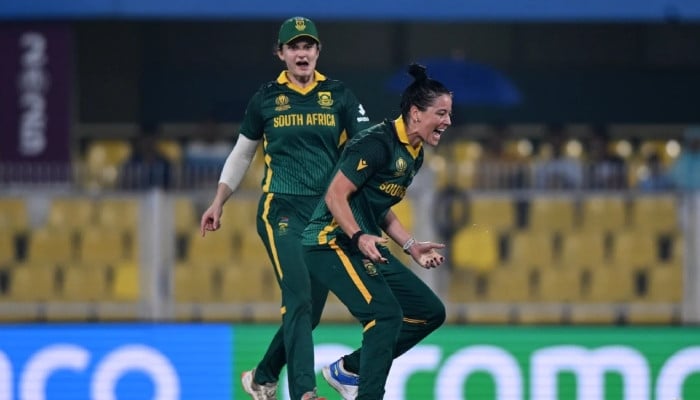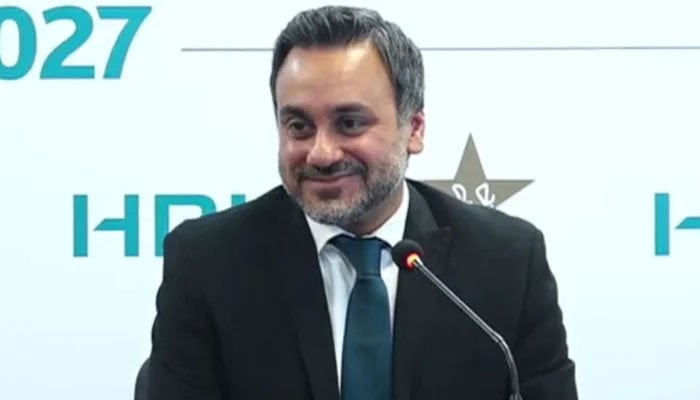In a bid to ramp up pressure on illegal bookmakers and corrupt players, the Board of Control for Cricket in India (BCCI) has moved the country’s highest court to criminalize match fixing.
BCCI, the world’s richest cricket body, has argued before the Supreme Court that “the act of match-fixing constitutes a criminal offence”.
The BCCI said it had taken action to protect the sport, in court documents seen by AFP on Thursday.
“The occurrence of corrupt practices in cricket matches adversely affects the game and undermines the integrity of the sport,” the BCCI wrote in documents filed with the registrar on October 14.
The BCCI’s legal argument is that match-fixing counts as cheating by deception – an existing offense under the Indian Penal Code (IPC) – and should therefore be considered a crime.
The case continues.
The appeal stems from allegations of match-fixing during a 2018-19 state cricket competition in Karnataka involving six people, including two players, the coach and the team owner.
The Supreme Court in the southern state dismissed the case as a criminal case in 2022.
Indian cricket’s first major headline-grabbing scandal broke in April 2000 when police intercepted calls between bookmakers and South African captain Hansie Cronje during his team’s tour of India.
Cronje admitted to throwing matches and named then India captain Mohammad Azharuddin as the person who introduced him to the bookmakers.
The BCCI introduced its own anti-corruption codes in 2019, which gives the board the power to issue fines and life bans.
“Public confidence in the authenticity and integrity of the sporting event is of crucial importance,” reads the code, which is submitted to the court.
“If that trust is undermined, the very essence of cricket will be shaken to its core.”
Another fixing controversy erupted in the Indian Premier League in 2013 when players and officials of Rajasthan Royals and Chennai Super Kings were found involved in spot-fixing and betting activities.
Key players were banned for violating the BCCI’s code of conduct and the teams were banned for two years.
Neighboring country Sri Lanka introduced strict laws to tackle match-fixing in 2019, including up to 10 years in prison and fines of INR 100 million ($333,000).
That came after then-sports minister Harin Fernando said the game was steeped in corruption “from top to bottom”.
Sri Lanka’s former spin bowler Sachithra Senanayake became the first to be prosecuted under the law in June. He denies wrongdoing.






